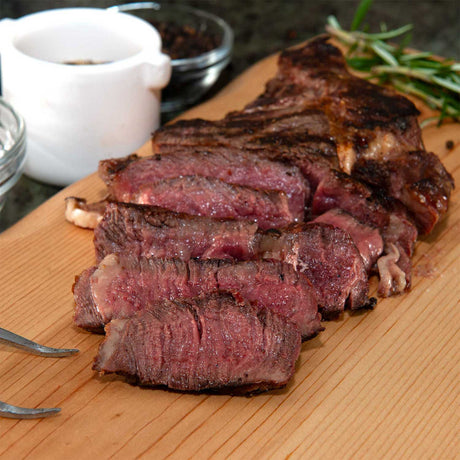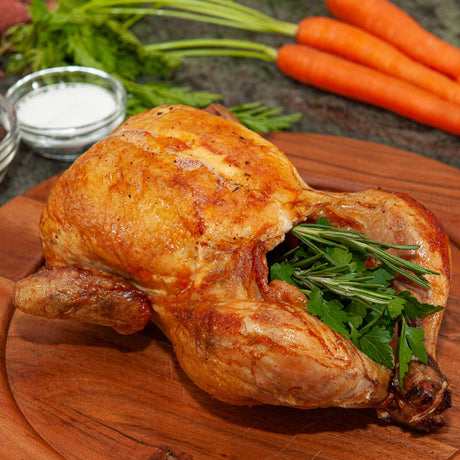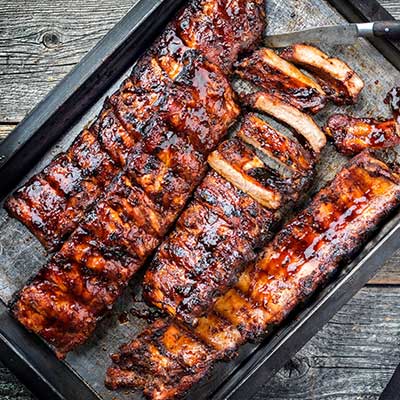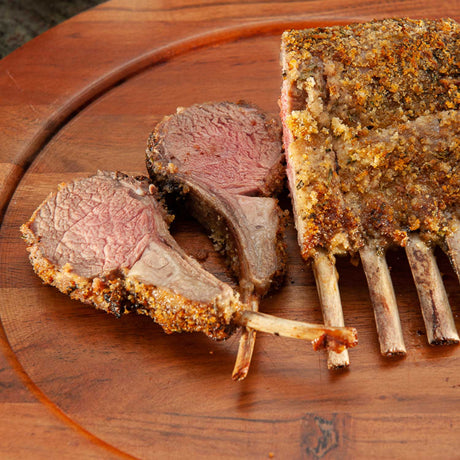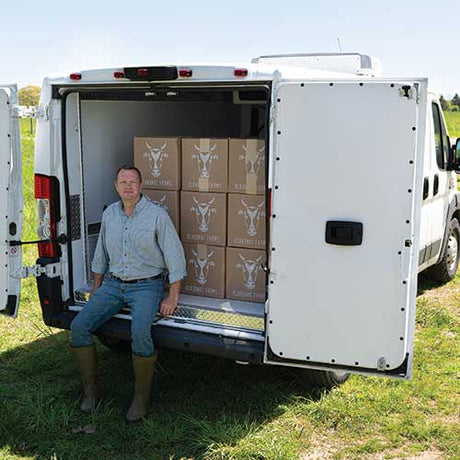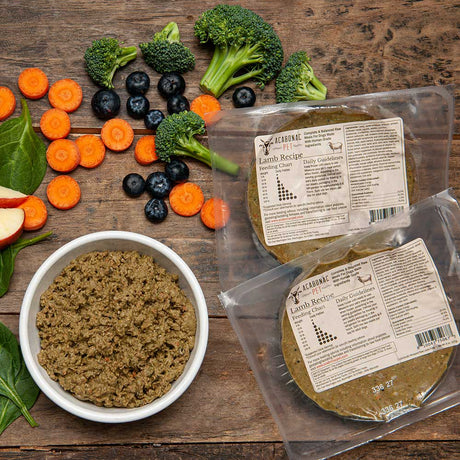
Rooted in Regenerative Farming
At Acabonac Farms, located on eastern Long Island, New York, we’re dedicated to bringing you the finest, most wholesome meats around. Our journey began in 2015, driven by a desire to restore the health of our local soils and raise livestock in a regenerative, environmentally conscious manner. We believe in the time-honored wisdom of pasture-based farming practices, which have been nurturing both our communities and our planet for centuries.
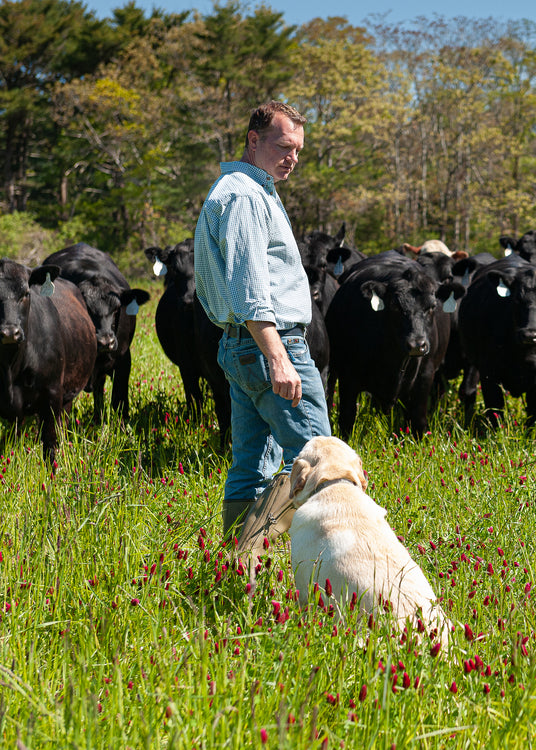
Cultivating Change
The current state of the American food industry deeply troubles me. Efficiency and profit have taken precedence over nutrition, sustainability, and transparency. Industrial farming practices are wreaking havoc on our planet, leading to biodiversity loss, pollution, and unsustainable water consumption.
In contrast to this destructive model, we embrace restorative agriculture—a regenerative approach that fosters the health and prosperity of the environment and the ecosystems within it. Every day, we strive to be mindful stewards of the land, nurturing the soil and using natural methods to raise our animals. Our commitment to restorative farming ensures the exceptional nutrient density and flavor of our meats, which are unlike anything you'll find on grocery store shelves.
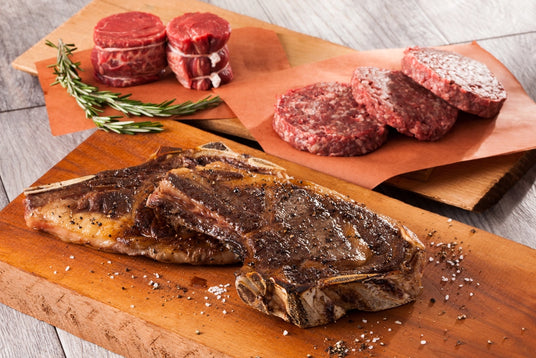
Choose Thoughtfully, Eat Consciously
As consumers, we have the power to make informed decisions about what we eat. However, the food industry can be a labyrinth of misleading messages. At Acabonac Farms, we believe that true nutrition can only be achieved if we understand how our food is produced, from start to finish. We encourage you to look beyond the box and the label, to choose food that is grown naturally and sustainably.

Prioritizing Convenience
Convenience is of paramount importance to us. We offer fast 1-to-2-day shipping and a dedicated customer service team to cater to your questions and concerns. This is because we firmly believe that everyone deserves access to wholesome, nutritious food with a level of convenience that we’ve all grown accustomed to.

